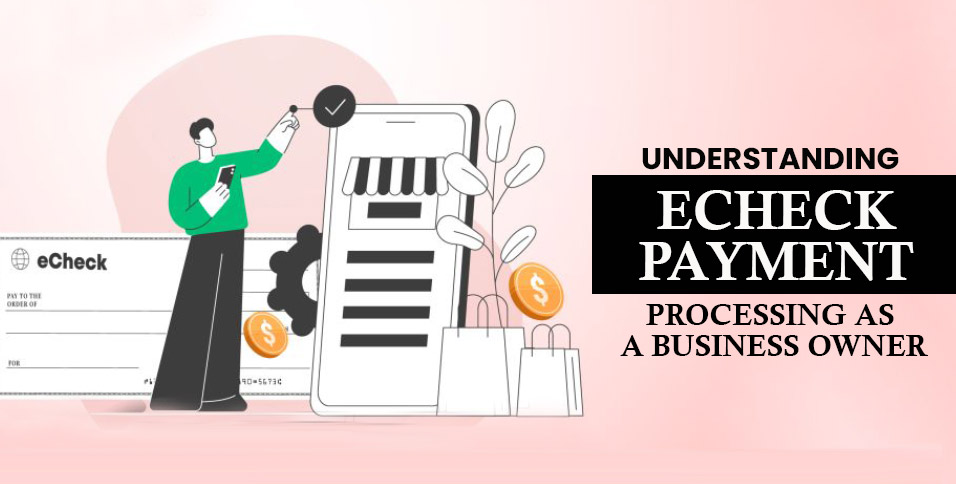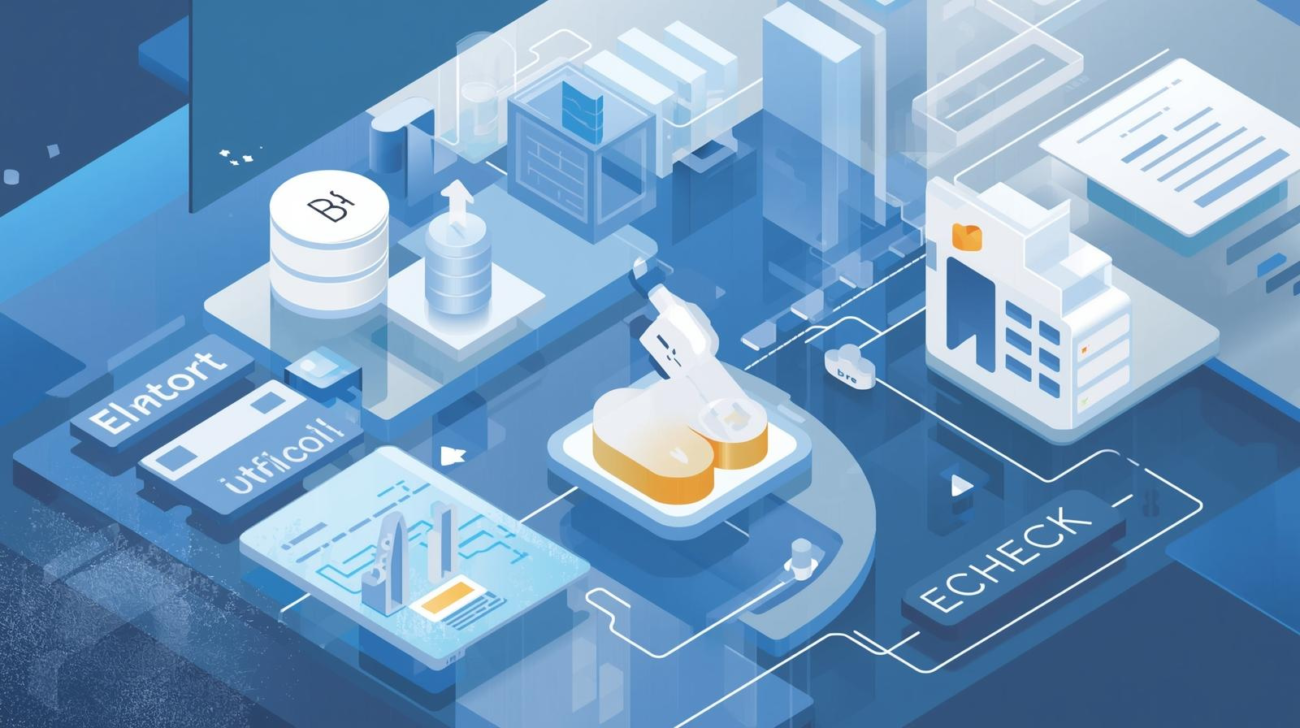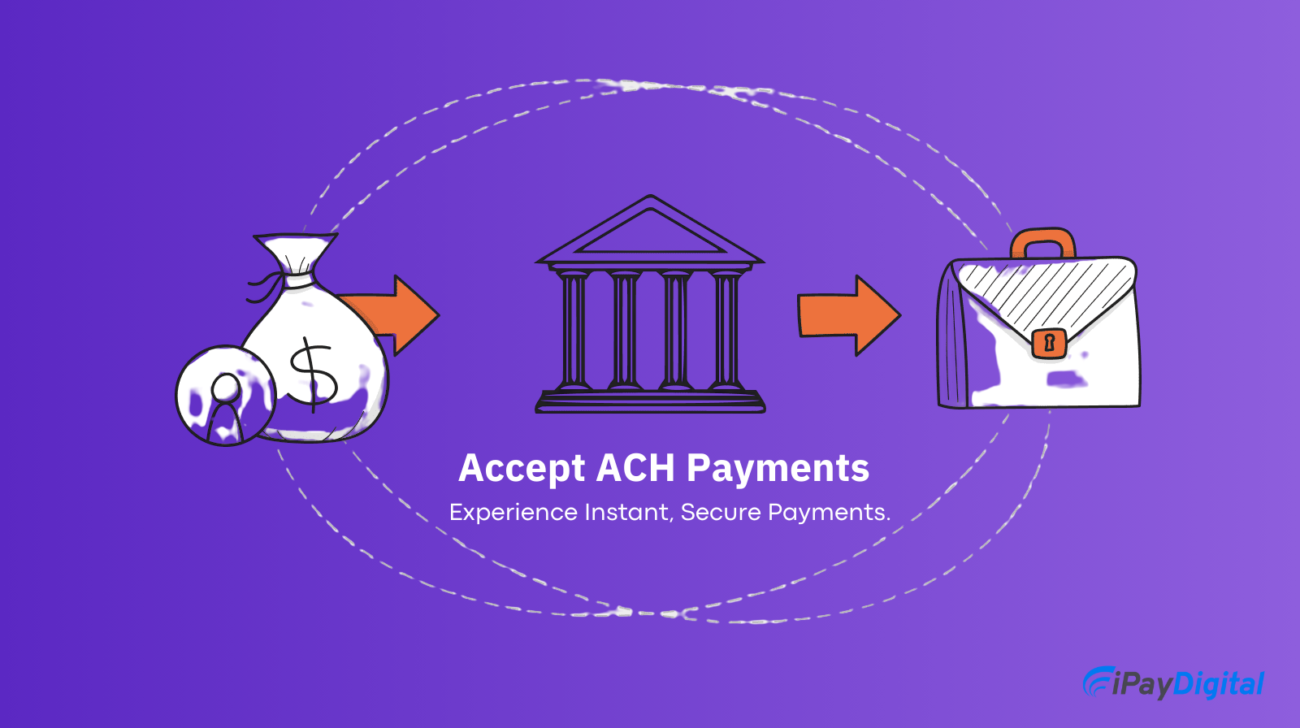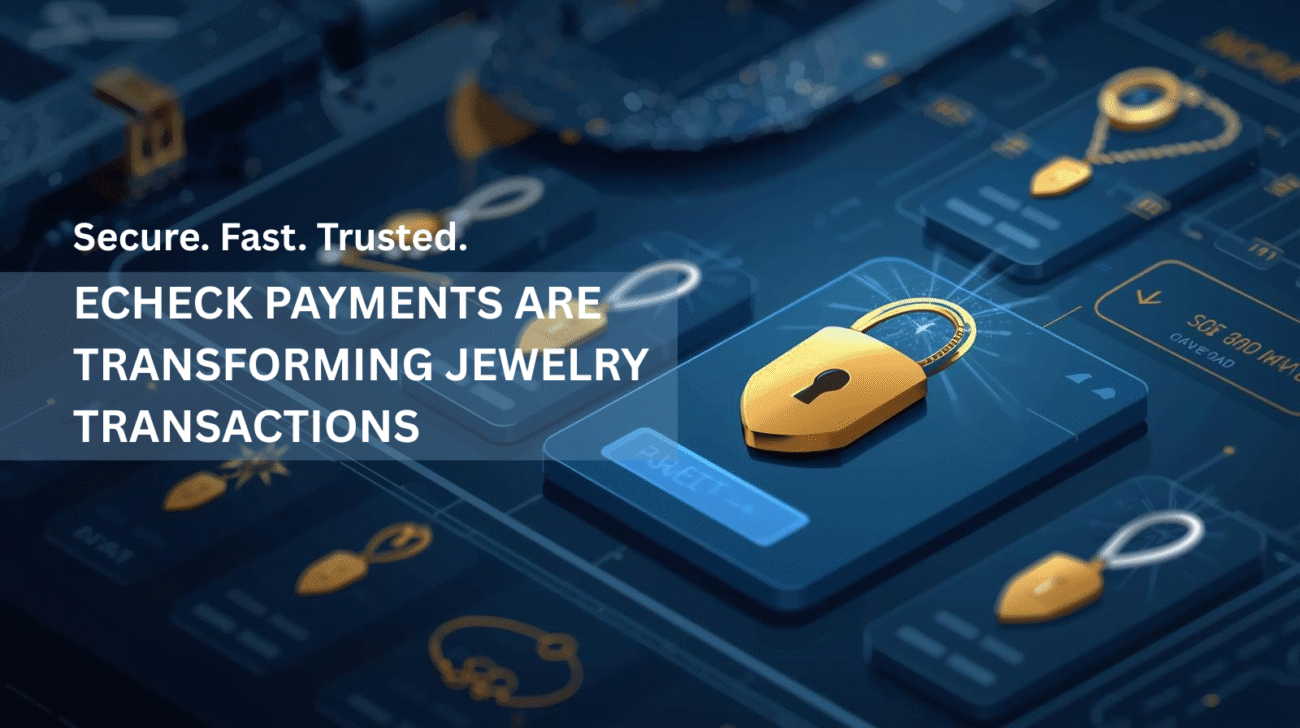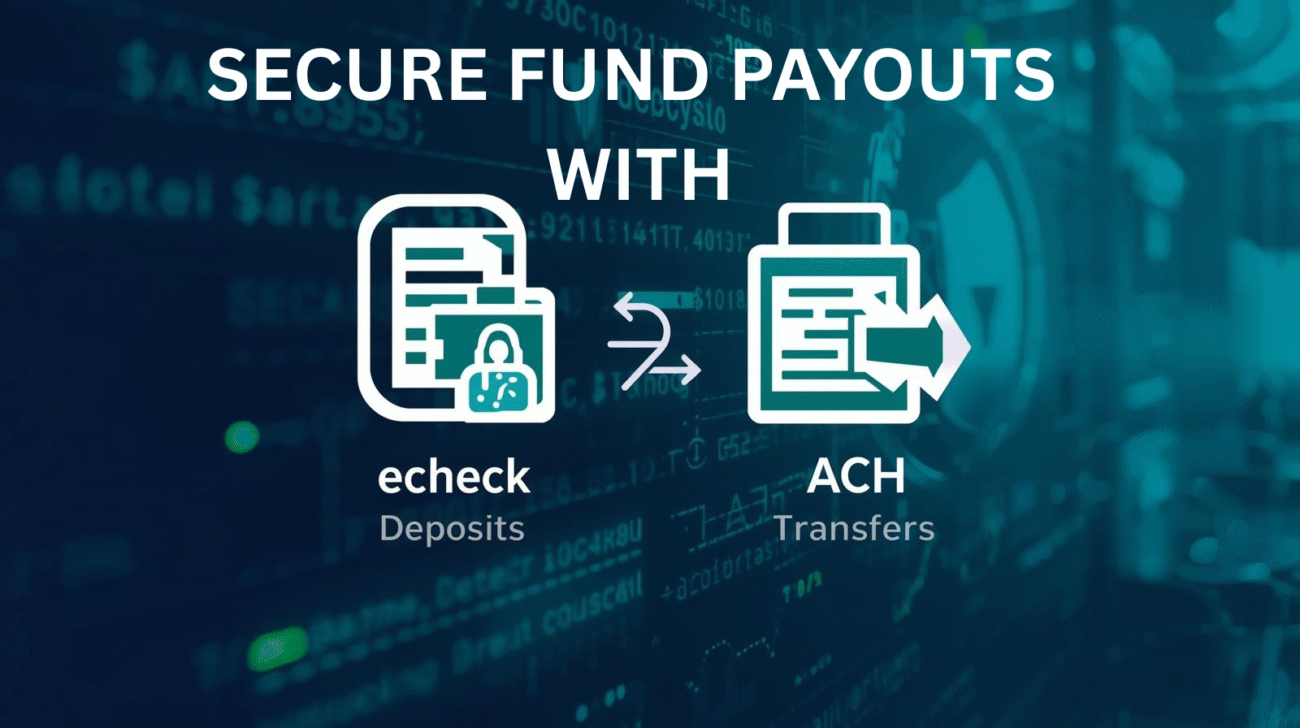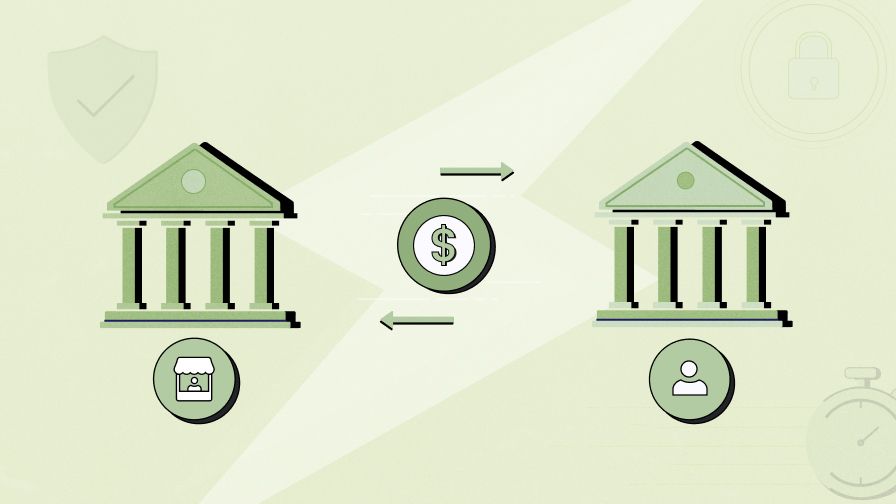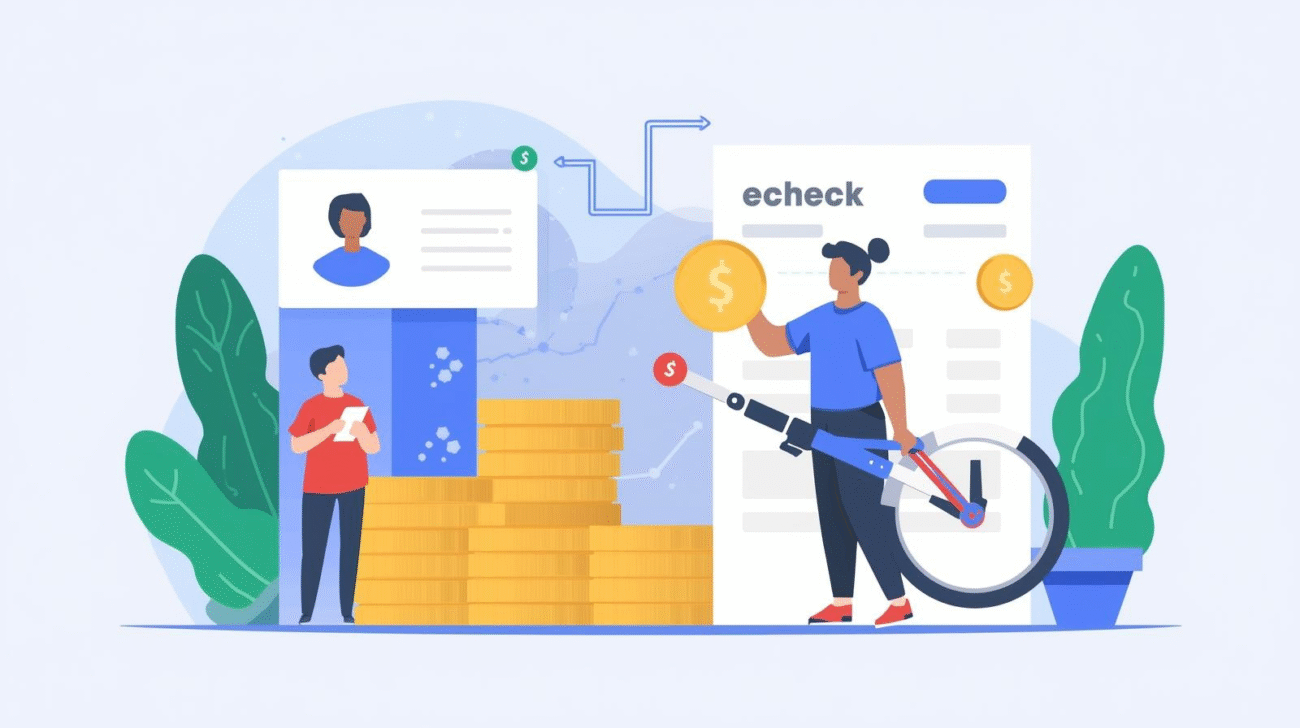In the world of modern finance, eCheck payment processing offer a streamlined, secure, and efficient way for businesses and individuals to transact. eChecks, or electronic checks, mirror traditional paper checks but with the added convenience of digital processing. Understanding the nuances of eCheck processing times is essential for businesses that want to utilize this payment method to its fullest potential. In this blog, we’ll demystify the processing times of eCheck payments, why they vary, and how businesses can optimize their operations around them.
The Basics of eCheck Payments
eChecks are a type of electronic funds transfer that operates similarly to paper checks. When a customer writes an eCheck, the transaction is initiated through a digital payment gateway that transmits the request to the bank for processing. This process is typically divided into several stages:
- Authorization: The payment request is verified and approved by the bank.
- Processing: The payment amount is deducted from the payer’s account.
- Clearing: The funds are transferred from the payer’s account to the payee’s account.
- Settlement: The payment is finalized, and funds are available in the payee’s account.
The time it takes for an eCheck to go through these stages and for the funds to become available in the recipient’s account is known as the eCheck processing time.
Factors Influencing eCheck Processing Time
Several factors can influence how long it takes for an eCheck to process:
- Bank Processing Schedules: Different banks have different processing times and schedules. Most banks follow a standard clearing process, but this can vary depending on holidays and other factors.
- Weekends and Holidays: Processing times may be longer if a transaction is initiated over a weekend or during a holiday, as banks may not operate during these periods.
- Cut-Off Times: Some banks have specific cut-off times for processing transactions. If an eCheck is submitted after the cut-off time, it may not be processed until the next business day.
- Fraud Prevention and Security Checks: Banks and payment gateways often perform additional checks on eCheck transactions to ensure the validity and security of the payment. These checks can add to the processing time.
- Bank Relationship: The relationship between the payer’s and payee’s banks can also impact processing times. If both parties use the same bank or have a close banking relationship, processing times may be faster.
Typical eCheck Processing Times
Under normal circumstances, eCheck processing times can range from one to five business days. However, this timeframe may vary based on the factors mentioned above. Here’s a general breakdown of what to expect:
- Same Day: In some cases, eChecks may process on the same day if the payer and payee use the same bank or if the transaction is submitted early in the day.
- Next Day: Many eChecks process within one business day, especially if the transaction is initiated early in the morning.
- 2-3 Days: Most eCheck transactions are processed within two to three business days, depending on the banks involved.
- 4-5 Days: In some cases, especially for cross-border transactions or transactions that require additional verification, eCheck processing can take up to five business days.
Tips for Optimizing eCheck Payment Processing
For businesses looking to optimize their operations around eCheck payments, here are some tips to consider:
- Plan for Processing Times: Understand the typical processing times for eChecks and plan your cash flow and operations accordingly.
- Initiate Transactions Early: Initiating eCheck transactions early in the day can help ensure they are processed on the same day or the next business day.
- Work with Reliable Payment Gateways: Choose reputable payment gateways that have established relationships with banks and can facilitate faster processing times.
- Monitor Transactions: Keep an eye on the status of eCheck transactions to stay informed about potential delays or issues.
- Communicate with Customers: Keep your customers informed about eCheck processing times and what they can expect. Transparency builds trust and can improve the customer experience.
- Consider ACH for Faster Processing: Automated Clearing House (ACH) payments offer similar benefits to eChecks but can provide faster processing times. Explore whether ACH payments are a good fit for your business.
Conclusion
eCheck payments offer numerous benefits, including security, convenience, and cost-effectiveness. Understanding eCheck processing times can help businesses make informed decisions and optimize their financial operations. By planning for typical processing times, initiating transactions early, and working with reliable payment gateways, businesses can take full advantage of the benefits that eChecks provide.
If you’re looking to streamline your payment processing and improve your cash flow, consider integrating eChecks into your business operations. With the right approach, eChecks can be a powerful tool for managing your finances and supporting your business’s growth.

